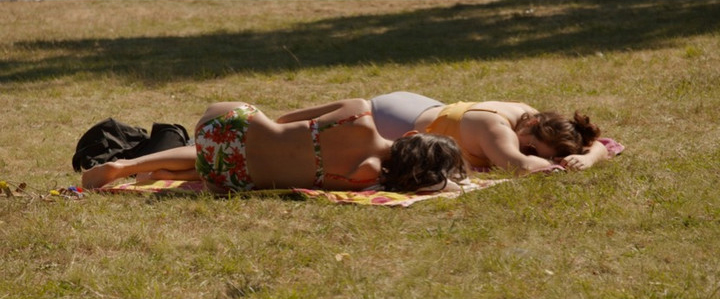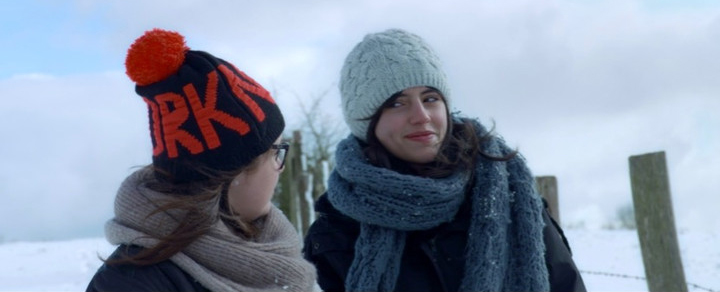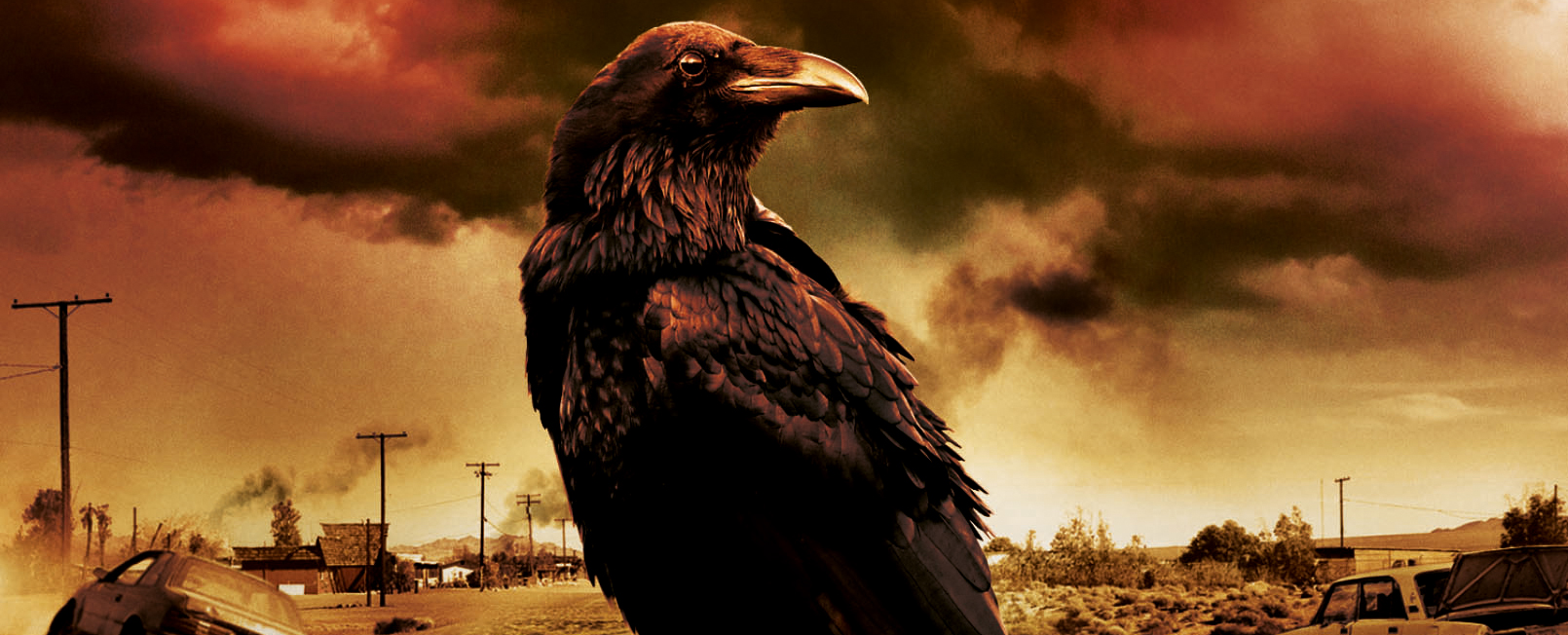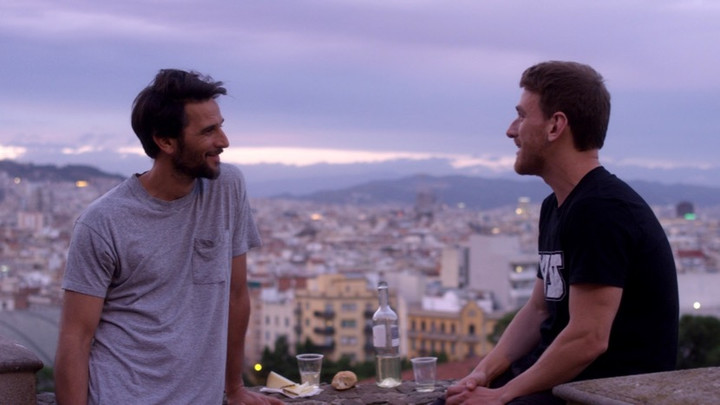Adolescents – BFI London Film Festival Review

Anaïs and Emma are two regular girls who live in a small French town. Anaïs is so bubbly that she struggles in school. Emma is more reserved and determined to be an actress. They are very different, but have been best friends since their infancy. Adolescents follows them from the ages of thirteen to eighteen, as they fall in love for the first time, study for exams, fight with their families, react to current events, and try to decide what on earth they want to do with their lives. Will they be best friends forever? Time will tell.
There is nothing particularly special about either Anaïs or Emma. That’s the point. In Adolescents, Sébastien Lifshitz presents us with a portrait of teenage girlhood that is meant to be universal.
Having said that, with screen time, he definitely favours Anaïs over Emma, for the simple fact that Anaïs – during the shooting period at least – has more going on. Her mum, who deals with mental health issues, has gastric band surgery that leaves her in the hospital for a long time. Her gran dies. Her house burns down. Lifshitz can’t have known all this would happen to her when he started filming, but it’s no surprise that Emma – whose biggest event during this period is losing her virginity – takes up considerably less of the movie’s duration. Whilst – with the exception of all the bad things that happen to Anaïs – the events of this documentary would be familiar to teenage girls everywhere, there’s a specificity here too that makes it valuable as a historical document. The film takes places between the years 2013 and 2018, years that included the Charlie Hebdo attacks and the massacre at the Bataclan. Adolescents captures the fear and uncertainty these terrorist incidents cause the girls and their classmates during what’s already a scary, uncertain period for them. It also charts their changing attitudes to politics. After Charlie Hebdo, we see Anaïs eloquently refute her mother, who equates Muslims with terrorists. Two years later, we see her lamenting when Marine Le Pen – vehemently anti-Muslim – loses the presidential election to Emmanuel Macron. We don’t know exactly what causes her to change her politics – perhaps the further terrorist attacks, perhaps the influence of her mother – but the change is interesting, nevertheless.
Whilst – with the exception of all the bad things that happen to Anaïs – the events of this documentary would be familiar to teenage girls everywhere, there’s a specificity here too that makes it valuable as a historical document. The film takes places between the years 2013 and 2018, years that included the Charlie Hebdo attacks and the massacre at the Bataclan. Adolescents captures the fear and uncertainty these terrorist incidents cause the girls and their classmates during what’s already a scary, uncertain period for them. It also charts their changing attitudes to politics. After Charlie Hebdo, we see Anaïs eloquently refute her mother, who equates Muslims with terrorists. Two years later, we see her lamenting when Marine Le Pen – vehemently anti-Muslim – loses the presidential election to Emmanuel Macron. We don’t know exactly what causes her to change her politics – perhaps the further terrorist attacks, perhaps the influence of her mother – but the change is interesting, nevertheless.
Adolescents is 135 minutes long, and those minutes don’t exactly fly by. Though the documentary covers five years in the girls’ lives, that doesn’t mean it earns such an extensive run-time. Many of the scenes here retread the same ground over and over: chatting about boys, fighting with mums (this film is a real tribute to parental patience!), worrying about exams. It can all get a bit boring.
But then teenagedom can be boring. Like being stuck in a waiting room, desperate to get your life started. Adolescents’ fallow periods – the chatting, the constant parental arguments, seemingly pointless school lessons, interchangeable parties – do what Lifshitz intends them to do: offer an authentic portrait of the years between thirteen and eighteen, and not just the highlights. If that doesn’t always make for the most compelling viewing, at least it is honest.
★★★★


